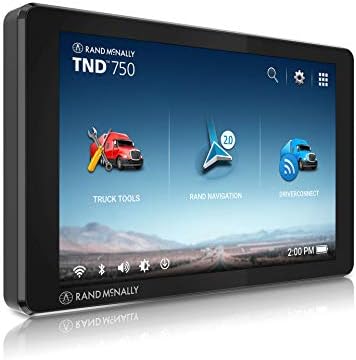RV Security Systems: What to Look for and How to Choose the Best One for Your Needs
As an RV owner, safety and security are top priorities for you. With the rise in RV theft and vandalism, it has become essential to invest in an effective RV security system. However, with countless options available in the market, choosing the best RV security system for your needs can be overwhelming. In this article, we’ll dive into the key features to look for when choosing an RV security system and provide you with actionable tips to help you make an informed decision.
Key Features to Consider when Choosing an RV Security System
1. Monitoring Service
When choosing an RV security system, the first thing you should consider is the monitoring service. A remote monitoring service allows you to receive real-time notifications and updates on any suspicious activity detected within your RV. This feature is not only essential for quick response time but also provides peace of mind while driving or parked. Look for monitoring services that offer 24/7 response and have a good reputation in the market.
2. Coverage Area
The coverage area refers to the distance within which the alarm detector can sense movement and potential intruders. Consider a system with extensive coverage area to ensure that even your RV’s blind spots, including the underbelly and sides, are protected.
3. Trigger Types
Trigger types refer to the various sensors that detect changes in the environment, such as movement or tampering. Look for a security system that offers a range of trigger types, such as:
* Motion detectors that detect movement within a pre-set area
* Glass breaks that detect the sound of shattering glass
* Door and window alarms that detect opening or closing of locks
* GPS tracking that provides live location updates
4. Power Supply
Check the power supply of the security system you’re considering. Some systems have a built-in battery backup to ensure continuous monitoring, while others need to be plugged into an outside power source. If you plan to RV in remote areas with limited power connectivity, consider a system with a reliable built-in battery.
5. Integration with Other Devices
Some RV security systems seamlessly integrate with other devices, such as sirens, cameras, and door-locking systems. If you own other devices, consider a security system that can integrate with them for seamless operation.
Top-Rated RV Security Systems
Several RV security systems have gained popularity among motorhome enthusiasts. Here are a few examples, along with their key features and cost:
* Tracked RV Security System: Equipped with GPS tracking, motion detector, and remote monitoring, the Tracked system is a top-selling option among RV owners, pricing around $250-$300.
* Security First RV Watchdog: This waterproof system includes motion detection, noise detection, and a 120Db siren, with a price ranging from $150-$200.
* Garretson RV Security System: This system offers motion, door, and window detection, as well as a built-in siren and GPS tracker, with a price ranging from $800-$1000.
Installation Requirements
Before purchasing any RV security system, ensure you fulfill the installation requirements. These may vary according to the system you choose, and includes:
* Drilling hole for wires or antennas in your RV’s walls or door
* Installing sensors and triggering devices
* Connecting the system to external power sources (if required)
How to Choose the Right System for Your Needs
Ultimately, choosing the right RV security system revolves around your specific needs and preferences. Some factors to consider when making your final choice include:
* Budget: Set a clear budget and choose a system that works within it.
* RV type and configuration: Consider the size, shape, and customizations of your RV when choosing a security system.
* Level of intrusion detection: Determine the level of protection your RV requires and choose accordingly
* Additional features: Think about the features you need, such as integration, alert notifications, and backup power support.
Conclusion
Keeping your RV and its contents secure is a top priority, especially in remote areas. By understanding the key features, top-rated systems, and installation requirements outlined in this article, you can make a knowledgeable decision about which RV security system works best for your needs. Remember to consult with professionals, if possible, and carefully evaluate your options based on your unique circumstances. With this information, you’ll be well-equipped to protect your RV and enjoy guilt-free travels.
Frequently Asked Questions
Q: Do I need to install security cameras for an RV?
A: While security cameras enhance the overall security of your RV, they are not a necessity. Advanced motion detection systems and remote monitoring offer sufficient protection for most RV enthusiasts.
Q: Can a security system prevent theft or harm to my RV?
A: A security system is deterrent, not a guarantee. However, well-designed systems with remote monitoring services can increase the likelihood of deterring potential thieves and vandals.
Q: Are installed security systems easy to maintain?
A: Yes, reputable security systems come with user manuals and online resources for troubleshooting and maintenance, making it relatively easy to keep the system running smoothly.
Q: Can I use an RV security system with my smartphone?
A: Yes, many modern RV security systems offer mobile apps for remote monitoring and remote control, allowing you to stay connected to your security system on-the-go.












